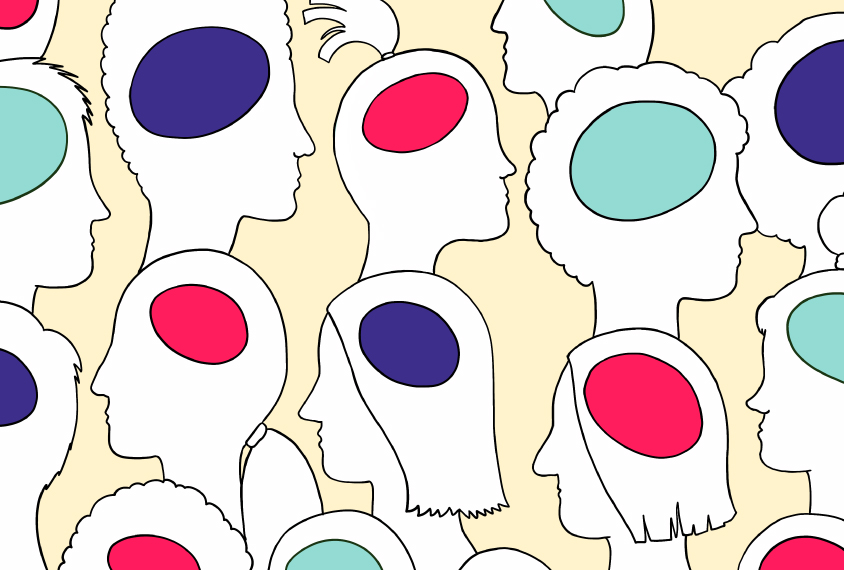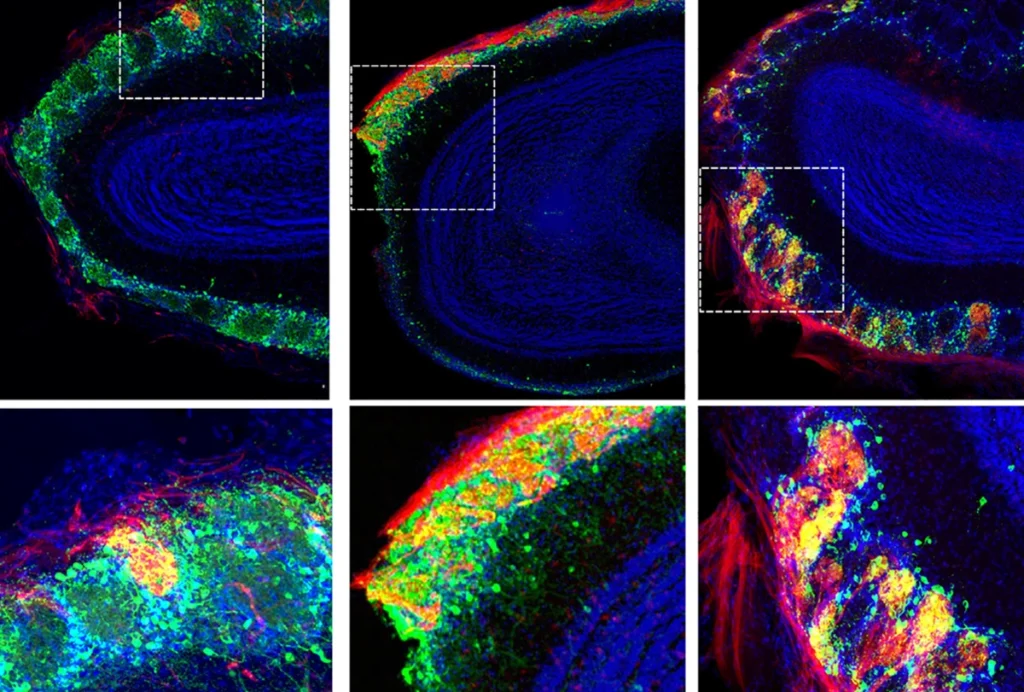Michael Marshall is a freelance science journalist based in the United Kingdom. He writes about life sciences and the environment. He has a B.A. and an M.Phil. in natural sciences from the University of Cambridge and an M.Sc. in science communication from Imperial College London. Marshall was a staff journalist at New Scientist and at BBC Earth before going freelance in 2017. His work has since appeared in Nature, BBC Future and The Telegraph, among others. His first book, on the origin of life on Earth, is slated to be published in 2020.

Michael Marshall
From this contributor
Autistic children’s sleep problems linked to behavioral regulation issues
Young autistic children with sleep troubles tend to have difficulty regulating their behavior later in childhood.

Autistic children’s sleep problems linked to behavioral regulation issues
Remote diagnosis, support could aid families during lockdown
Cut off from clients by the pandemic, clinicians are turning to video conferencing and other technologies to diagnose children with autism.

Remote diagnosis, support could aid families during lockdown
Autism’s relationship to head size, explained
Some people with autism have an unusually large head. What causes the enlargement? And does it have any bearing on outcome?

Autism’s relationship to head size, explained
U.K. government faces lawsuit over mistreatment of autistic people
Following a series of scandals in the United Kingdom over people with autism being held against their will and mistreated in hospitals, a watchdog group has issued a legal challenge to the government.

U.K. government faces lawsuit over mistreatment of autistic people
Preprints of autism research, explained
Over the past decade, biologists have increasingly been posting their research results on preprint servers, ahead of the results' publication in traditional scientific journals.
Explore more from The Transmitter
Rat neurons thrive in a mouse brain world, testing ‘nature versus nurture’
Neurons from the two rodents can wire up together to form functional circuits—all while maintaining some species-specific properties, two new studies show.

Rat neurons thrive in a mouse brain world, testing ‘nature versus nurture’
Neurons from the two rodents can wire up together to form functional circuits—all while maintaining some species-specific properties, two new studies show.
It’s past time to stop using the Reading the Mind in the Eyes Test
The widely used measure of “theory of mind” needs to be re-examined, along with the long-standing claim that autism is linked to a lack of this ability.

It’s past time to stop using the Reading the Mind in the Eyes Test
The widely used measure of “theory of mind” needs to be re-examined, along with the long-standing claim that autism is linked to a lack of this ability.
Robots boost data consistency in rodent studies reliant on mechanical, optogenetic stimulation
Two new devices take experimenter variation out of the equation, the lead investigators say.
Robots boost data consistency in rodent studies reliant on mechanical, optogenetic stimulation
Two new devices take experimenter variation out of the equation, the lead investigators say.
